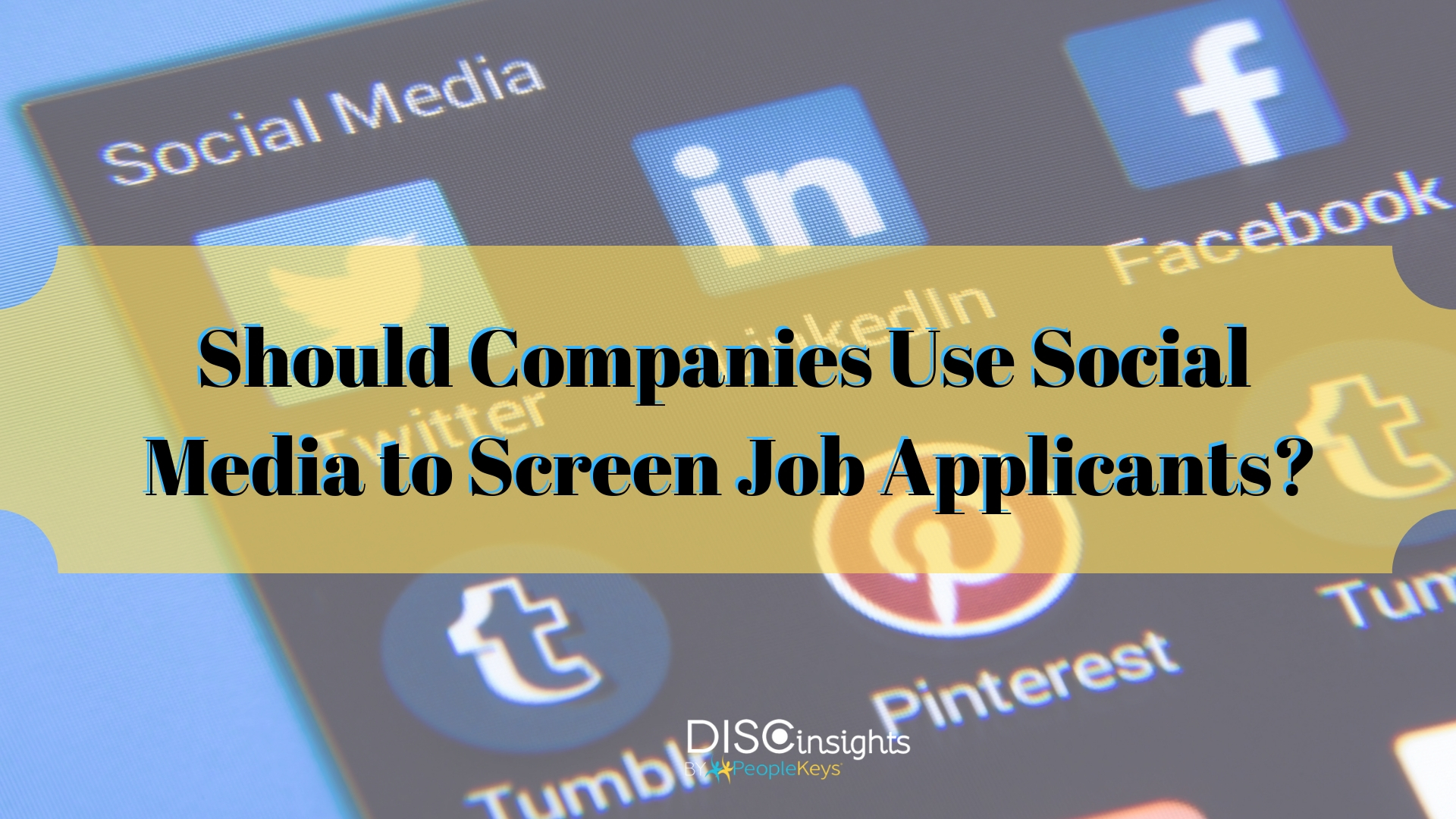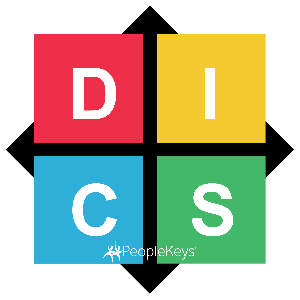- SHOP BY PRODUCT
- DISC TRAINING & CERTIFICATION TOOLS
- DISC RESOURCES
- BLOG
- SHOP BY PRODUCT
- DISC TRAINING & CERTIFICATION TOOLS
- DISC RESOURCES
- BLOG
- ALL ITEMS



Recent statistics published show that Facebook currently has over 2.41 billion users worldwide. Almost everyone you’ve ever known has a Facebook account, and all it takes is a click of a mouse to find out everything you could ever want to know about friends, family, and casual acquaintances. Who put on a few pounds? Whose marriage is falling apart? Maybe you could sneak a peek at your daughter’s Facebook timeline to see what she’s been up to? Better yet, you could check your daughter’s boyfriend’s timeline to see what he’s been up to.
There’s so much you can find out with a simple Facebook search. True, there are some profiles that are set to private, but that’s easy enough to get around. A quick friend request, and you’re in. In fact, Consumer Reports estimates that 25% of Facebook users don’t even use any privacy controls at all on their Facebook account.
When snooping is this easy, it’s hard to resist. Because of the amount of personal information that’s so readily available on Faceboook, social media profiles have started to be used in quite a few creative and unexpected ways. One of the most controversial uses of Facebook profile pages is as a job applicant screening tool.
Many companies have started to use Facebook as a means of screening potential job candidates. The Wall Street Job Report estimates that nearly 40% of companies actively use social media as a means of pre-screening job applicants. Companies reason that social media is a good way to get to know a person, and Facebook posts can say a great deal about an individual’s personality, work ethic, communication style, and attitude.
Applicant screening through Facebook seems harmless enough, and sounds theoretically like the perfect tool for learning what job candidates are really like. Unfortunately, there are a great many serious legal consequences that can arise from using Facebook as a pre-employment screening tool.
First, it is illegal to use race, religion, pregnancy status, disability, age, and sexual orientation to make hiring decisions. When companies access a candidate’s Facebook profile, this information is typically featured prominently. If an employer learns something about a candidate from a social media profile that falls into any of the above categories, it legally cannot be used as a basis for declining employment.
Accessing this “off limits” information is like opening Pandora’s Box. If it can be argued that any of this Constitutionally-protected personal information had an impact on a hiring decision, companies would find themselves in serious legal trouble. Even if someone’s pregnancy announcement on Facebook didn’t factor into a decision not to hire that candidate, it would be next to impossible to prove that the information had no impact. Simply seeing the information on the profile opens an employer up to potential litigation. Put simply, there is information on Facebook profiles that legally cannot factor into a hiring decision. Facebook profile snooping puts companies at legal risk of crossing that line, even unintentionally.
Second, many people have privacy settings on their account that prevent people they haven’t “friended” from viewing their information. Companies using Facebook as a screening tool sometimes attempt to get around this requirement by sending out fake friend requests. However, if a hiring manager “friends” someone under false pretenses in order to secretly screen their Facebook profile, this action could be considered a federal crime under the Stored Communications Act.
To get around Facebook account privacy settings, some companies prefer a more direct approach: Asking job applicants for their Facebook account password. This is a dangerous practice, and unwise. California, Illinois, New Jersey, Maryland, Michigan, and Delaware have all enacted specific laws against this practice. These new laws aren’t the only legal obstacle to employers obtaining a potential employee’s Facebook password. Across the country, there have been hundreds of successful lawsuits arguing that this practice is an invasion of privacy and a violation of First Amendment rights.
Maryland State Senator Ronald N. Young, instrumental in enacting his state’s legislation protecting passwords, was quoted as saying "It's unconstitutional. It's like me applying for a job, and the employer saying, 'I'd like to tap your phone and listen to all your calls and monitor your mail.'" Facebook itself (https://www.facebook.com/notes/facebook-and-privacy/protecting-your-passwords-and-your-privacy/326598317390057) has even posted stern warnings about the “unanticipated legal liability” behind the practice of coercing passwords.
Lastly, there’s a more pressing question to ask about the use of Facebook as a job candidate screening tool: Does it work? A person’s work persona is often very different from their social media persona. As a result, information posted on a Facebook page will likely bear no real connection to how a person will perform on the job. Furthermore, is it really fair to hold a candidate professionally accountable for information discovered about them on a social media site whose primary function is entertainment?
The bottom line: Facebook is not a good way to screen job applicants.
Fortunately, there is a simpler, more effective, and much less legally problematic way of finding out whether a potential candidate is a good match for an open position: The DISC Personality System and predictive benchmarking.
The DISC Personality System with performance benchmarks for hiring allows employers to screen candidates not through social media, but rather through a workplace-focused DISC behavioral assessment. The answers to the assessment will reveal more about a candidate’s professional persona than Facebook, and require much less subjective analysis than snooping through hundreds of Facebook status updates. The DISC system with occupational benchmarks for hiring beats Facebook vetting because it will:
When DISC is so much faster, simpler, and more effective than social media vetting, it’s a wonder that companies use social media for hiring purposes at all. Plus, DISC doesn’t open companies up to litigation and costly legal liabilities. Because the DISC system for hiring is administered in a work setting for the express purpose of measuring workplace behavior and aptitude, it’s fairer to the candidate, and more useful to the potential employer. It’s a win-win for everyone.

© PeopleKeys. All Rights Reserved
WORKING DAYS/HOURS
Mon - Fri / 8:30AM - 5:00PM EST
